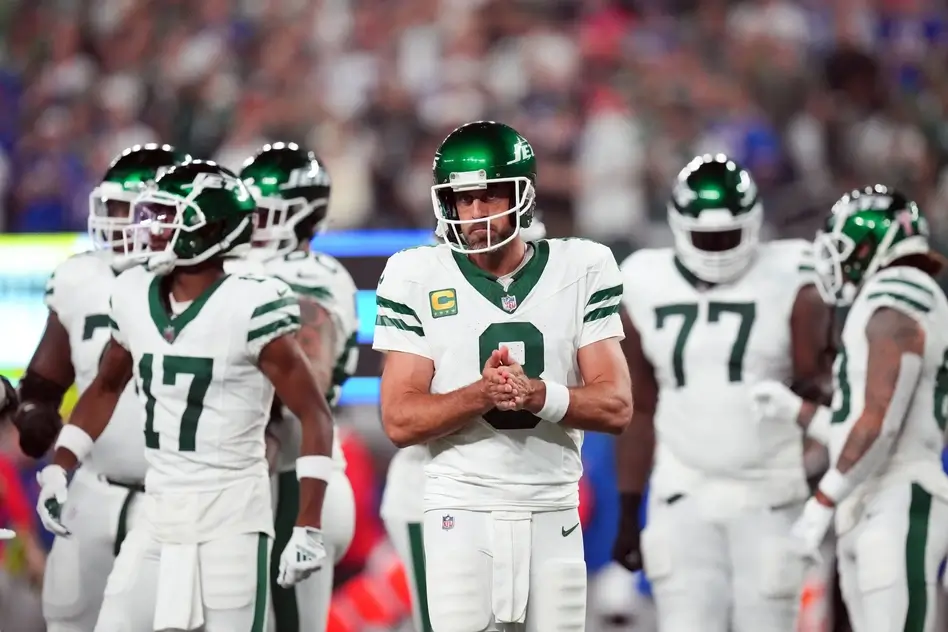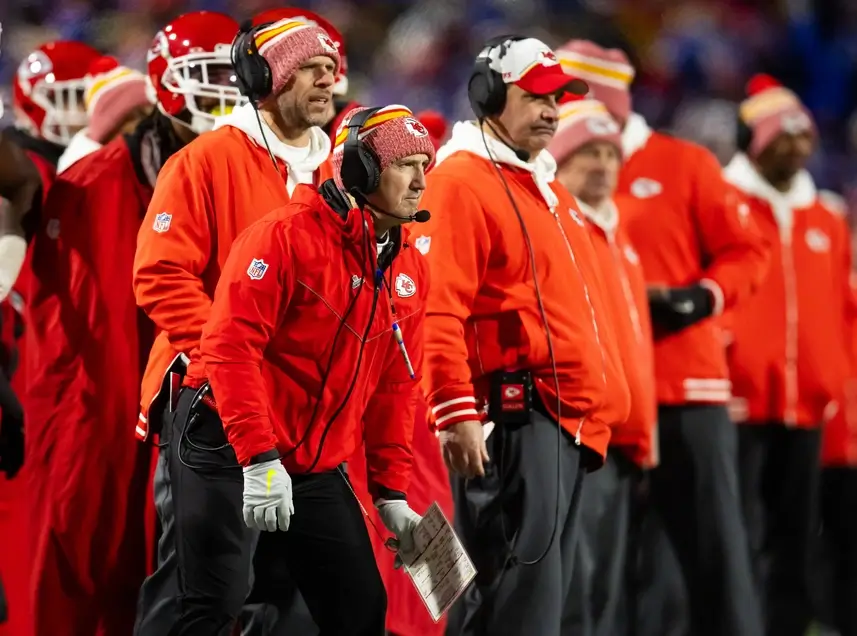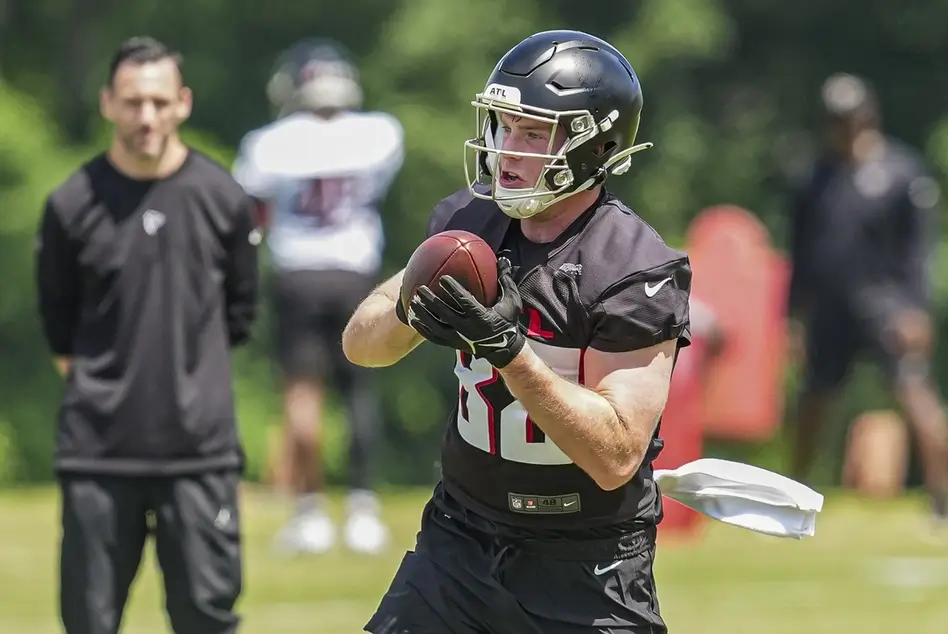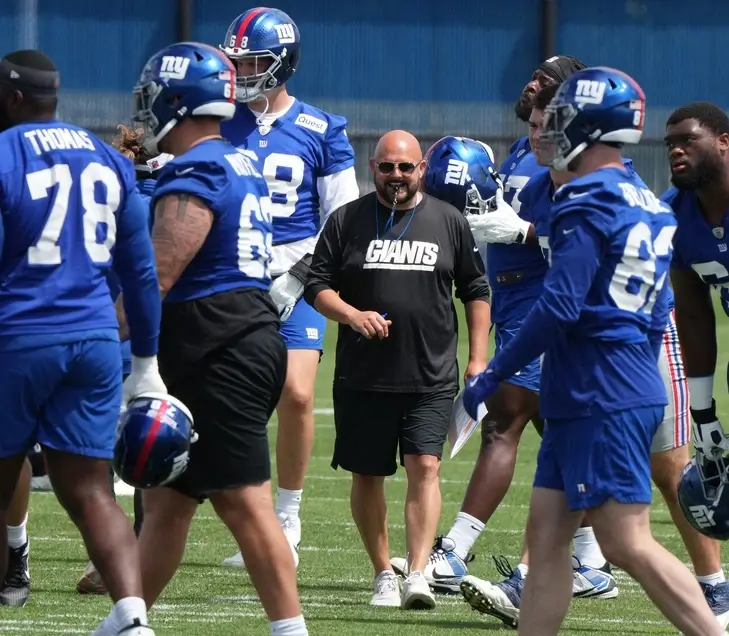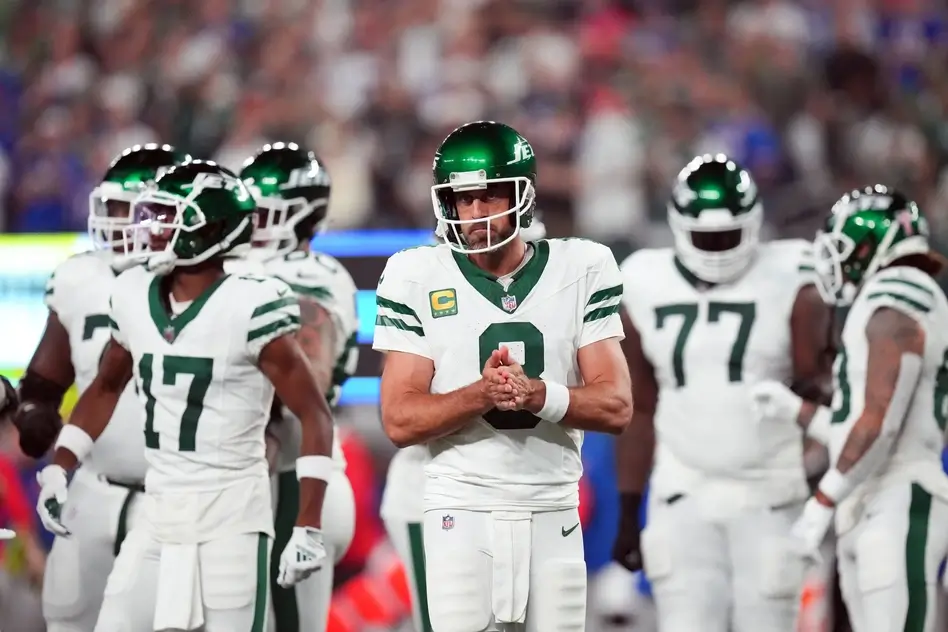It’s amazing how quickly a Stefon Diggs trade analysis reveals the state of mind of both the Houston Texans and the Buffalo Bills. While Diggs has some work to do if he wants to be considered among the greatest WRs of all time, he’s been to the Pro Bowl in four straight seasons and is in the prime of his career.
Including free agents, he could end up being one of the best players to change teams this offseason.
Who Won the Stefon Diggs Trade?
As always, only time will tell how this trade will play out. But what side appears to be the winner of the Diggs trade to the Texans?
At first glance, Houston is the obvious winner because they’re acquiring a great wide receiver and a couple of late-round draft picks for a second-round pick that wasn’t even theirs in the first place. However, let’s conduct a deeper Stefon Diggs trade analysis that looks at each team’s perspective.
Why the Texans Won
The obvious reason why the Texans won the trade is that they got a great player. Diggs has gained over 1,000 receiving yards in six straight seasons, averaging just under nine touchdowns per season during that stretch. He’s currently five yards shy of 10,000 career receiving yards and has rarely been hurt during his career.
However, aside from the obvious, Diggs is a perfect fit for what the Houston offense needs. Coming off their promising 2023 campaign, the Texans are still young offensively. Despite his brilliant rookie season, C.J. Stroud can still benefit from having a veteran wide receiver at his disposal, especially one who’s proven to be as consistent and reliable as Diggs.
Josh Allen was entering his third season in the NFL when the Bills acquired Diggs, so this should be a familiar situation for him, enabling Diggs to help Stroud take another step forward.
On top of the intangibles he brings to the table, the look of Houston’s offense has changed with Diggs in the picture. Rather than Nico Collins being the no. 1 receiver coming off a breakout season, Diggs will take that role, freeing up Collins to face each team’s second-best cornerback. Meanwhile, the Texans still have Tank Dell in the slot with the likes of Robert Woods and John Metchie in the picture as depth.
The Texans are also in excellent shape at running back with Joe Mixon and Dameon Pierce with Dalton Schultz giving Houston a proven tight end. Having Diggs figures to make all of those players because of the attention he warrants from opposing defenses.
In a way, Diggs adds legitimacy to a team that hopes to compete for the AFC crown next season. He represents a missing piece of the puzzle that makes that goal more realistic as long as Stroud can replicate his performance from last season.
Why the Bills Lost
By trading away Diggs, the Bills’ offseason plans were revealed to the rest of the league – just in case there was any doubt left. Due to their salary cap situation, the Bills have already parted ways with several key players on both sides of the ball. Buffalo will have to lean heavily on Allen and the team’s offensive playmakers in 2024, even more than the Bills have in recent years.
Without Diggs, that set of playmakers has been significantly weakened. Curtis Samuel is currently projected as Buffalo’s top wide receiver. That’s not going to inspire a lot of confidence, especially with questions about other parts of the roster. Any hope of being able to ride Allen to a Super Bowl in 2024 has been greatly diminished with this trade.
In fairness, with or without Diggs, the Bills were going to have a long road to the Super Bowl this season. If trading Diggs can help them get under the cap for the 2025 season and add an early-round draft pick to gear up for a serious run two years from now, this trade may not look so bad. But in the immediate future, the Bills are big losers and the Texans are big winners of this trade.




